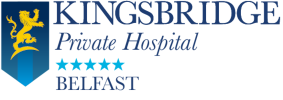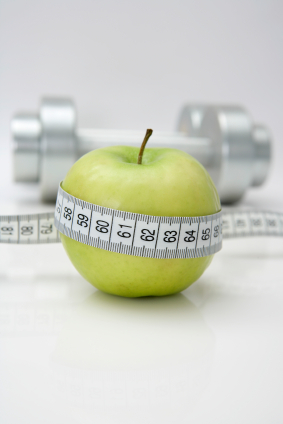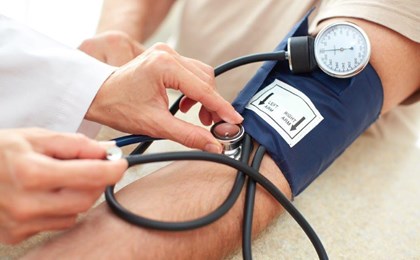Is it time to manage your Cholesterol?
21st, Oct 2016
Cholesterol is a fatty substance in our blood, which in the right amount is necessary for cell function in the body. However, when it is too high it can increase our risk of cardiovascular disease.
Cholesterol is a fatty substance in our blood, which in the right amount is necessary for cell function in the body. However, when it is too high it can increase our risk of cardiovascular disease. High cholesterol levels can cause fatty deposits to build up in the artery wall (atherosclerosis) therefore restricting blood flow around the body. It also increases the risk of a blood clot developing. This can lead to serious problems, such as heart attack or stroke.
There are many factors that can contribute to a high cholesterol level:
- Eating a diet high in saturated fats
- Smoking
- Lack of exercise
- High alcohol
- Liver or kidney disease
Some people have an inherited condition known as familial hypercholesterolaemia. This causes a very high cholesterol level even if you have a healthy lifestyle.
The government recommends that healthy adults should have a total cholesterol level below 5 mmol/L. Total cholesterol level includes LDL (bad cholesterol) and HDL (good cholesterol) – ideally your LDL should be lower and your HDL should be higher.
Management of a high cholesterol level depends on your overall cardiovascular risk level (which is calculated using several factors, e.g. blood pressure, BMI). If your risk is high enough you may start on medication to help lower the level. Whether you are given medication or not, there are several lifestyle changes that can be made to help lower cholesterol level and your overall cardiovascular disease risk:
- Reduce fat in your diet, especially saturated fat (for example, biscuits, cakes, red meat, full fat milk/butter)
- Use healthier cooking methods (for example boiling, grilling, steaming rather than frying)
- Reduce cholesterol in your diet (for example eggs)
- Increase fruit, vegetables and oily fish in your diet
- Increase exercise/physical activity
- Reduce weight
- Limit alcohol intake to within recommended weekly limits
- Stop smoking
Your cholesterol can be measured at Kingsbridge Private Hospital as part of a Platinum Personal Health Screening.
The Platinum Health Screening is a health review which looks at everything from heart and lung function to biochemistry and eye health. Once complete you will receive an in-depth analysis and review with a Clinician as well as a personal Health Action Plan.
Blog by Dr Aileen McPhilips
For more information on personal health screenings you can contact the One2One team by calling 0845 6006 352 or click here.







